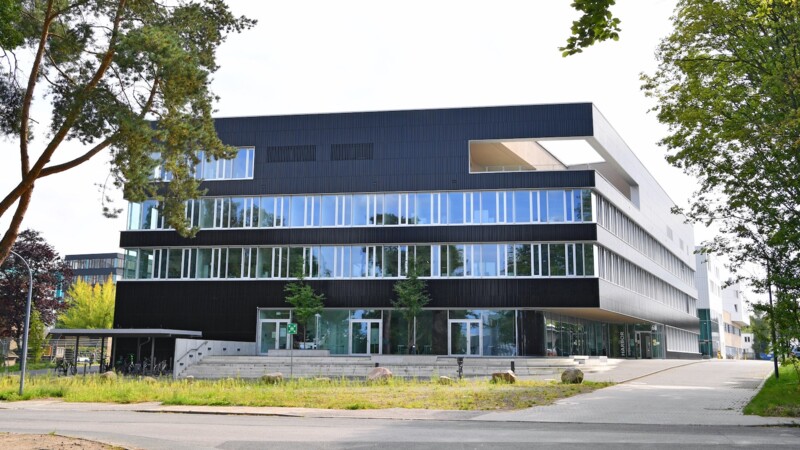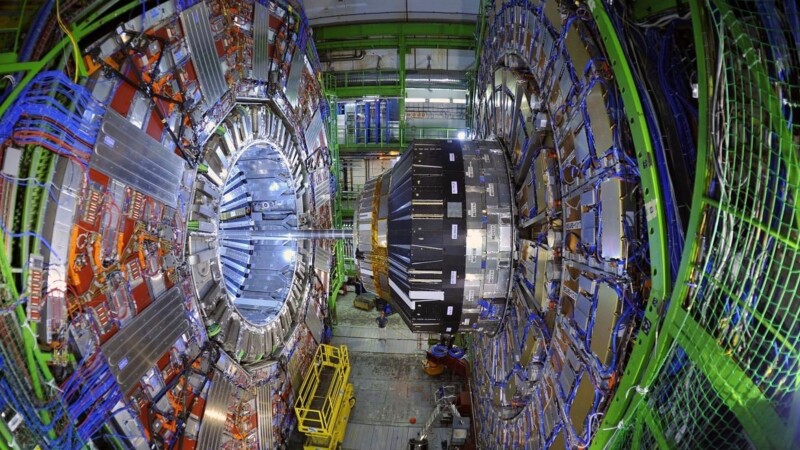"Such a new climate model will incorporate all the available measurement data and observational data that we currently have to make the model more realistic," Stammer said. To this end, all the available global data on the atmosphere, the ocean, the ground or sea ice gathered over the past 50 years will be fed into the climate model. Stammer is also the spokesperson of the Cluster of Excellence "Climate, Climatic Change, and Society" (CLICCS) and Director of the World Climate Research Programme (WCRP).
The University of Hamburg is receiving EUR 1.25 million from the German Research Foundation (DFG) for its "Earth System Reanalysis" (EARTHRA) climate model research project. Prof. Dr. Detlef Stammer, oceanographer at the Center for Earth System Research and Sustainability (CEN) at the University of Hamburg, will accept the funds individually as part of a Reinhart Koselleck Project, with which the DFG funds innovative and risky research.
Climate model includes 50 years of data
Quantum leap in quality of climate modeling
The EARTHRA project aims to simulate the climate of the past 50 years in such a way that the climate model matches the climate data measured as closely as possible. "If we are successful, it will advance global climate modeling tremendously," Stammer noted. The climate model could supplement the measured data with missing details and open up a vast pool of knowledge about the past and help improve climate predictions substantially.
University pioneering climate research
"The funding as part of the DFG's Reinhart Koselleck Projects demonstrates the top class climate research at the University of Hamburg. It is precisely this innovative research approach by Prof. Stammer that will significantly advance the data situation in climate research," said Prof. Dr. Dr. h.c. Dieter Lenzen, President of the University of Hamburg. The DFG funds will also facilitate the creation of several jobs for the five-year "Earthra" research project.
mb/kk/pb
Sources and further information
More
Similar articles

University opens HARBOR on Science City Bahrenfeld campus

Manual showing how to adapt to climate change presented in Glasgow

